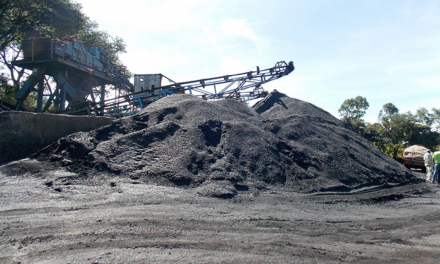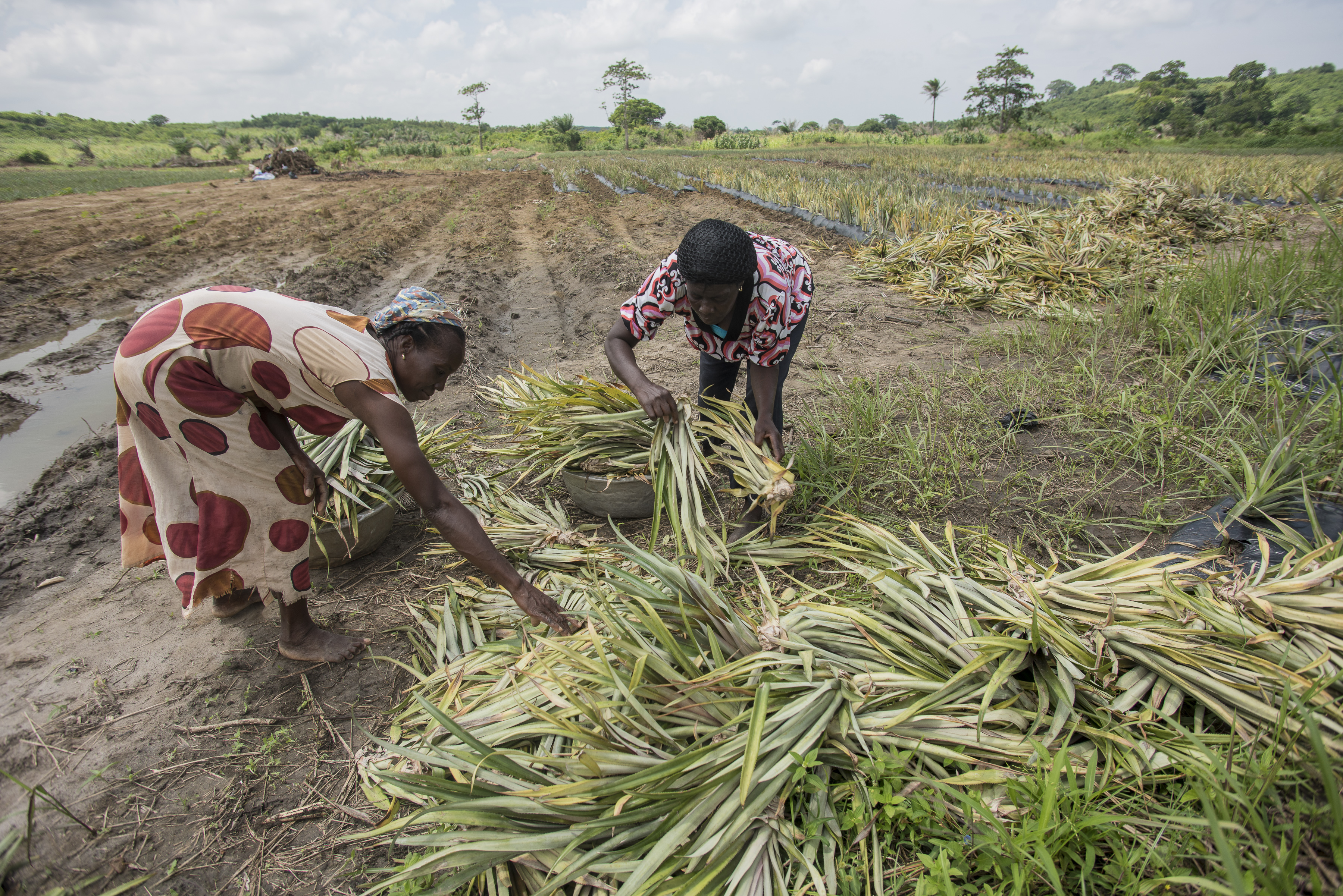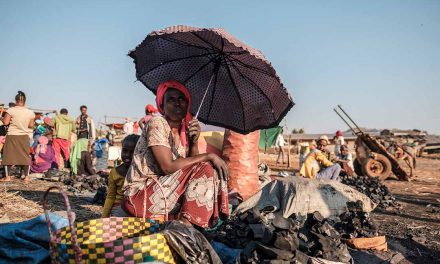 As I write, the Covid-19 pandemic is in its fourth month. Measures aimed at combating the virus have devastated economies and strained health-care systems everywhere, especially in the developing world.
As I write, the Covid-19 pandemic is in its fourth month. Measures aimed at combating the virus have devastated economies and strained health-care systems everywhere, especially in the developing world.
The pandemic is a huge challenge for humanity, but it might be said that it is part of an even larger problem. “The biggest lesson is that COVID-19 is more than an illness,” write Inger Andersen and Johan Rockström in the 5 June, 2020 edition of Time. “It is a symptom of the ailing health of our planet. Humanity’s dysfunctional relationship with nature has caused this wider disease.”
This edition of Africa in Fact was planned before the coronavirus took hold, but its theme, Africa’s environment, is closely related to it. If our degradation of the environment has made us vulnerable to pandemics, then in the long term we need to address both problems. As regards the environment, the situation is already urgent. A recent newspaper article reports that annual global temperatures may rise to at least 1.5°C above pre-industrial levels for the next five years, from 2020 to 2024 (The Guardian, 9 July, 2020). The Arctic will warm further, causing more storms over the Atlantic.
In 2015, at the Paris climate summit, the world’s nations agreed to limit the global temperature rise to 2°C by 2100, and also to try to limit them to 1.5°C, to prevent further climate change effects. But if the study mentioned above is right, the next five years will see temperatures already as high as that lower limit set. Moreover, the effects will not be limited to the north, which has historically been the greatest emitter of the greenhouse gases that are contributing to rising temperatures. “[M]any parts of South America, southern Africa and Australia are likely to be dryer than the recent past,” the report says. Their general conclusion is not exceptional. According to a December 2018 study by the UN, record global greenhouse gas emissions are putting the world on a path toward unacceptable warming, with serious implications for development prospects in Africa. “Temperature increases in the region are projected to be higher than the global mean temperature increase; regions in Africa within 15 degrees of the equator are projected to experience an increase in hot nights as well as longer and more frequent heat waves,” according to the report.
With this in mind, this edition looks at Africa’s environment. As Nathanial Matthews argues in the opening article, climate change could affect Africa severely, but it is also “an opportunity to build resilience and diversify livelihoods”. In his article, Issa Sikiti da Silva shows the African Union (AU) is outlining programmes aimed at addressing climate change, but critics say these initiatives are bogged down by a lack of political will.
As to the opportunities, our writers review some exciting ideas. A “green” path to industrialisation could unleash new economic dynamism. Responsible extractives mining could generate returns for investors and communities, while respecting the environment. The continent’s widespread illegal charcoal trade causes lung disease and forest degradation, but if properly managed, can be a renewable energy source. Combined with other initiatives, agroforestry and hydropower offer potential solutions.
However, out there, in the real Africa, climate change is also reflected in the effects of irresponsibility and indeed, outright criminality. Our writers expose some egregious cases. Harare, capital, of Zimbabwe, is threatened by flooding as corruption allows building in protected wetlands. In Malawi, lawmakers are debating a new coal-fired power station just as the technology is approaching redundancy. In Nigeria, women journeying for hours to find water are being assaulted. Solar energy is usually thought of as a “green” technology, but it causes e-waste. And conservation is threatened by a lack of vision and management.
Why the lack of interest and urgency? Well, Africa has not historically been a major contributor to greenhouse gases, mainly because it has not industrialised to levels of the north. This fact might inhibit the continent’s leaders and decision makers from taking urgent action on climate change. “After all, if we did not make the problem, why should we fix it?”
But this attitude would be a mistake. Climate change will impact on Africa anyway, and possibly severely, and offers opportunities to Africa, which will benefit future generations.
Presently, an historic court case is playing out in the US. In Juliana v. the United States, 20 young people are arguing that their government’s actions are violating “the youngest generation’s constitutional rights to life, liberty, and property, as well as fail[ing] to protect essential public trust resources”. Started in 2015, the case has gone through a formidable obstacle course of appeals and counter-appeals, opposed at every step by the Trump administration. But the young people’s case against his government is still in motion.
Young Africans might take the same route, charging their elders with ruining their future. Some of Africa’s youth climate activists are present in this edition, presenting a similar argument and advancing new solutions. The challenges are large, but not insurmountable. It’s about thinking differently. Maybe it’s time we were more respectful of their future.










